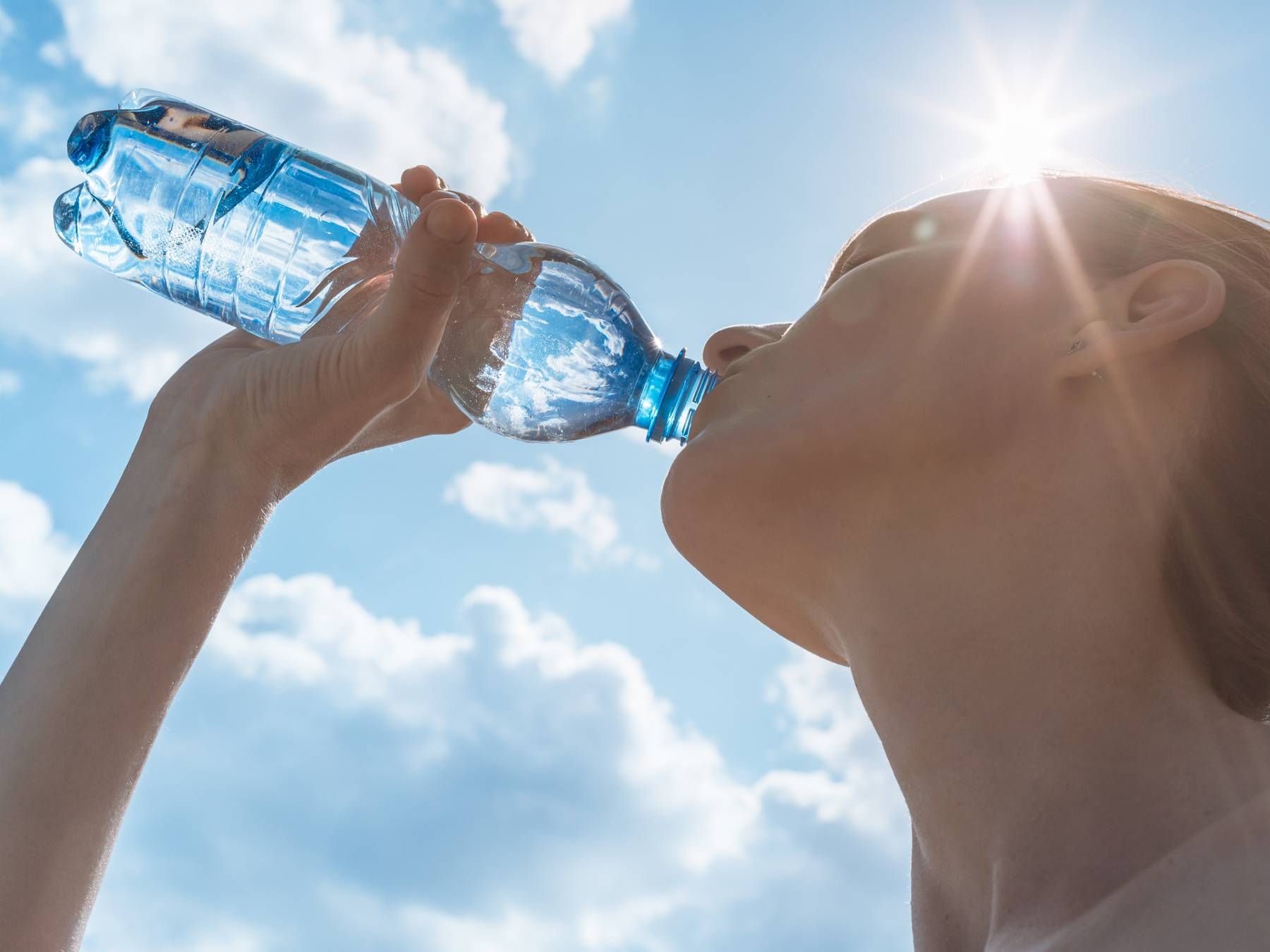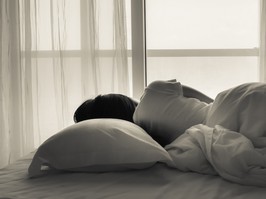Sweating that occurs when we are nervous, stressed or emotional is also the work of the apocrine sweat glands. In those situations, we sweat in preparation for a challenge or fight, not for the purpose of temperature control. Sweating can also be triggered by certain
foods, such those that are spicy foods or caffeine which ‘trick’ the body
into thinking its internal temperature is rising, triggering sweat production.
Sweat-related health conditions
The two main conditions commonly associated with sweat glands are hyperhidrosis (excessive sweating) and anhidrosis or hypohydrosis (not sweating enough).
Hyperhydrosis occurs when people produce much more sweat than they need to keep their bodies cool.
“Patients affected by this condition could just be sweating for no reason when other people in the same environment, same conditions, do not,” Dr. Youwen Zhou, a dermatology professor at the University of British Columbia,
told Global News
. The
Canadian Dermatology Association
estimates around three per cent of Canadians, or about 950,000 people, have hyperhidrosis.
Hyperhidrosis can show up as one of two
types
. Focal hyperhidrosis is genetic and usually affects the hands, feet, head and armpits while generalized hyperhidrosis (far more common) is often a sign of another underlying health issue. According to the
Canadian Dermatology Association
, menopause, obesity, endocrine disorders and nerve damage can all cause generalized hyperhidrosis. Using some prescription drugs can also result in hyperhidrosis.
 3 minute read
3 minute read









